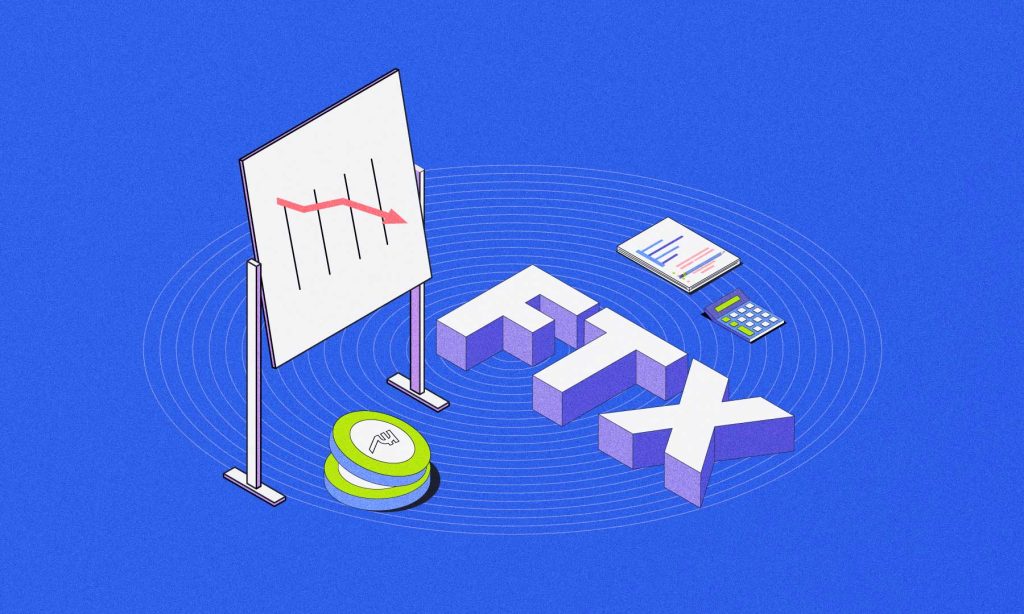When FTX Trading Ltd., a $32 billion crypto firm, filed for bankruptcy in November 2022, it sent shockwaves through the crypto world, including India. The crypto blowup led investors to withdraw $6 billion in just 72 hours. FTX’s founder Sam-Bankman-Fried, who hobnobbed with Wall Street grandees, had an ignominious exit and now faces a long trial. Read on as we lift the lid on the fiasco.
What happened with FTX?
SBF, the founder of FTX, also owned Alameda Research, a separate entity. In early November, digital currency news site CoinDesk ran a report raising questions about Alameda Research and FTX were more closely linked than what was disclosed, citing a private document. A large portion of Alameda’s balance sheet was reportedly tied up in FTT, an FTX-issued crypto. The question was: Could the Bankman-Fried companies survive a major drop in FTT’s value?
However, the story was slowly unfolding. Rival exchange Binance’s CEO Changpeng Zhao held a large FTT stake. Zhao announced that Binance would sell about $530 million of FTT, thus depleting its value. This prompted FTX customers to pull out their investments, withdrawing nearly $654 million in one go. Zhao first announced an FTX buyout, only to backtrack later, saying that corporate due diligence had shown that FTX had mishandled investor funds. Finally, FTX, along with Alameda and other affiliated companies, filed for bankruptcy by the end of the week. While FTX.US (for US investors) also temporarily froze withdrawals following the bankruptcy announcement, they were later reopened.
Since FTX was practically the poster child for crypto reliability, it deeply rattled retail investors and the crypto market.
Crypto market crashes
Crypto enthusiasts were quick to dub FTX’s sudden collapse the “Lehman Brothers” moment of the crypto industry. Immediately after this crypto market crash, the overall market cap fell by 20%, from $1.02 trillion to $824 billion, in just a week. It also resulted in liquidity pressures in brokerages as large as Genesis. What’s more, many institutional investors stood to lose money, including Sequoia Capital.
However, cryptos bore the brunt of the fiasco, experiencing wild swings and declines in value. Bitcoin sank to its lowest price in two years, while Tether dropped below its $1 peg price to $0.97. Solana, which is also affiliated with Bankman-Fried, declined. Even Cronos, the token of exchange Crypto.com, saw a decline. Both triggered fears of a similar collapse, spurring withdrawals from the platforms. Essentially, it looked like crypto detractors were proven right about decrying crypto as an asset class.
Currently, FTX owes investors and customers billions, with the top 50 creditors owed almost $3.1 billion combined. In fact, more than half of that amount, that is, $1.45 billion, is owed to just the top 10 creditors. Furthermore, a “substantial portion” of FTX assets might be stolen or missing. The company is reviewing any available assets and preparing to restructure or sell to repay investors.
Should Indian crypto investors worry?
The fall of FTX is yet another wake-up call for crypto investors apprehensive about the functioning of crypto exchanges and digital assets valuation.
That said, while spot trading volumes in India showed a fall following the collapse, the decline was minimal as India was already experiencing a bear market. Exchanges WazirX, Bitbns, and Zebpay saw respective declines of 14%, 32%, and 40% in spot trading volumes the day after the collapse. While the market rebounded in subsequent days, it never reached the precollapse levels.
Markets move on sentiments, crypto included. Several retail crypto investors could remain inactive for a while due to the current extreme volatility in the crypto market. On the other hand, institutional investors could capitalize on the current discounted assets, hedging their investments. Most Indian crypto heads advise investors to observe how the market moves due to the worldwide looming macroeconomic conditions and the overall lack of certainty. The key concerns for an investor are to note whether the tokens have been used as collateral and the overall transparency. Plus, they need to ensure they’re always in control of diversifying their portfolios.
One of the likely reasons behind the muted effect in the Indian crypto market is its limited exposure to FTX and related entities. However, the ripple effects will likely continue, and Indian exchanges need to be more transparent about their reserves and liabilities.
Bogged by the persistently low volumes, several Indian exchanges have tried to calm investor fears.
We at CoinSwitch also released a third-party report confirming that our overall balances are higher than the investor holdings. Moreover, we are also continuing to evaluate other ways of establishing transparency and trust, helping the country participate in the global crypto revolution. Recently, CoinSwitch also launched the Know Your Customer-compliant platform of CoinSwitch Pro. This advanced trading mobile/laptop/desktop platform allows users to trade crypto assets in Indian rupees with a single login across multiple exchanges.
Conclusion
Generally speaking, the crypto ecosystem worldwide is in a delicate state, with high volatility expected to continue. While trust might sound like an old-fashioned concept, it’s necessary. Small wonder why many Indian crypto exchanges are all for providing greater transparency.
FAQs
Does FTX work in India?
Yes, when the FTX exchange was active, and the FTX tokens were legal in India. At that time, investors could buy and sell it on crypto exchanges in India.
What is the impact of FTX collapse in India?
There is no reported collapse of FTX in India.
How did FTX affect the crypto industry?
FTX is a major player in the crypto industry, known for its innovative services.
What are the consequences of the FTX collapse?
Consequences of an FTX collapse could include financial losses and increased regulatory scrutiny.








